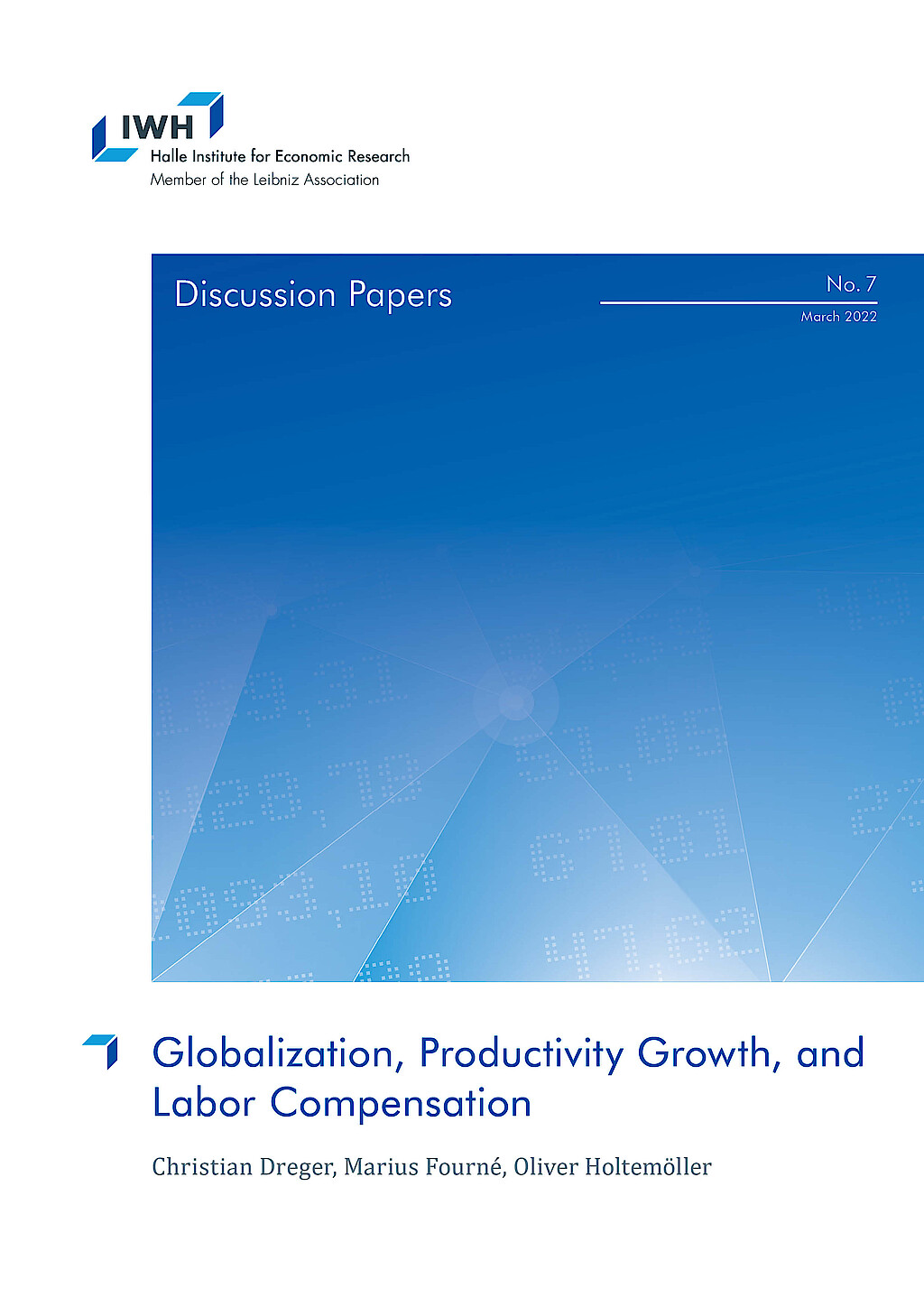Marius Fourné

Current Position
since 10/21
Economist in the Department of Macroeconomics
Halle Institute for Economic Research (IWH) – Member of the Leibniz Association
Research Interests
- climate finance
- international trade
- income distribution






